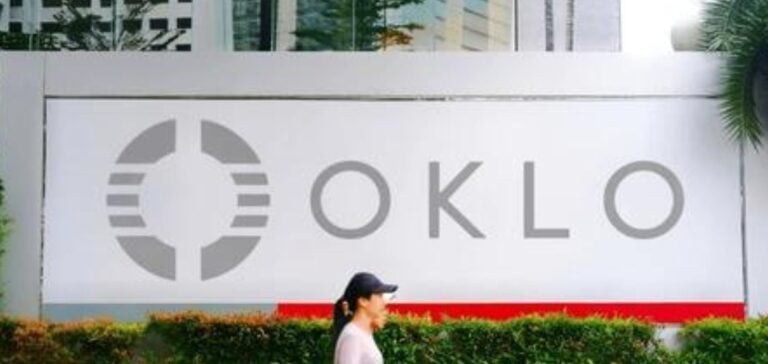Against a backdrop of worldwide shortages of medical and industrial isotopes, Oklo Inc. and Atomic Alchemy announce strategic partnership to increase production of essential isotopes. This partnership leverages Oklo’s capabilities in fast fission technology and nuclear fuel recycling with Atomic Alchemy’s expertise in isotope production. Together, they plan to build and operate fast reactors that will not only be a source ofclean energy production, but also a platform for the production of vital isotopes for medical diagnostics, cancer treatment and industrial applications.
Technology and innovation at the heart of the partnership
Oklo’s fast reactors and advanced fuel recycling processes form the technological basis of this partnership. These technologies will enable the production of a wide range of isotopes, including those currently in critical short supply, such as those used in radioisotope thermoelectric generators and advanced cancer therapies. Oklo uses a reactor technology that optimizes the use of nuclear fuel and minimizes waste, while increasing the efficiency of isotope production.
Economic and security implications
This partnership is strategic not only from a technological point of view, but also from an economic and security one. By increasing domestic isotope production, the USA could reduce its dependence on foreign sources, often located in geopolitically unstable areas. This initiative is all the more relevant given that global demand for medical isotopes is rising steadily, fuelled by advances in cancer diagnosis and treatment technologies.
Challenges and prospects
The partnership between Oklo and Atomic Alchemy is not without its challenges. The complexity of isotope production requires considerable investment in research and development, as well as strict regulatory safeguards to ensure the safety and efficacy of the isotopes produced. However, the heads of both companies, Jacob DeWitte of Oklo and Thomas Eiden of Atomic Alchemy, are confident in their ability to overcome these obstacles thanks to their combined expertise and the support of their strategic and financial partners.
The partnership between Oklo and Atomic Alchemy is a bold step forward in securing the supply of isotopes vital to many sectors. It represents not only a technological breakthrough, but also a strategic initiative that could redefine energy production and public health standards in the United States.






















